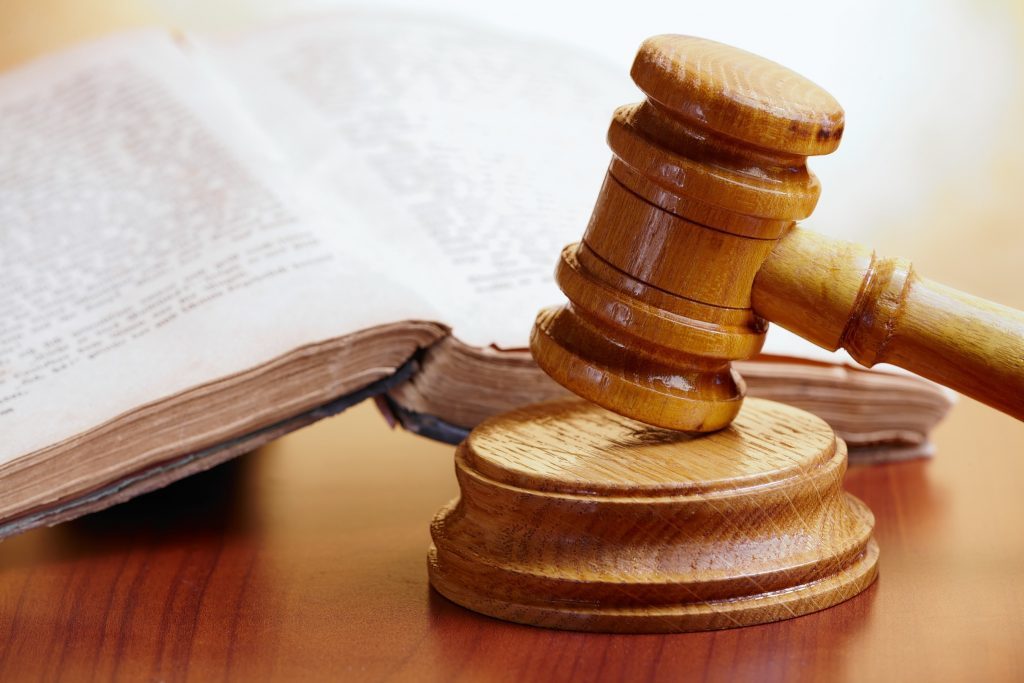
A High Court judge is ruling on whether an injunction obtained by energy giant Ineos prohibiting unlawful activities such as trespass or obstruction at its shale gas sites should be continued.
Ineos has asked Mr Justice Morgan to extend the existing order, but environmental campaigners say it is both “unprecedented” and “draconian” and have urged the judge to discharge it.
The judge, who heard argument on complex areas of the law from the opposing sides during a recent hearing in London, announces his decision on Thursday.
He made an interim order against “persons unknown” and two named individuals in September, and will now rule on whether it should remain in place until the matter is aired fully at a trial at some future date.
Ineos Shale is involved in exploratory work such as geological surveys in the East Midlands, but not any hydraulic fracking.
A number of protest groups have been launched to fight fracking, while Greenpeace and Friends of the Earth also campaign against the technique of recovering gas and oil from shale rock.
In September, the judge rejected argument that the potential impact of the injunction upon the human rights of those wishing to protest was a “knock-out blow” against it.
He said it was appropriate for the court to intervene and renewed an order, with modifications, which was initially granted in July.
Campaigners claim it will seriously limit the right of people to protest against the activities of fracking companies and those linked to them.
Environmental campaigner Joe Boyd, who is challenging the injunction, argues that it is unlawful as it has a substantial impact on the rights of those wishing to protest against the drilling for shale gas across the UK and that Ineos “did not produce the evidence justifying such a broad court order”.
Alan Maclean QC, for Ineos and a number of individuals, told the judge it was accepted that shale gas extraction “is a contentious issue, and one on which opinions are divided”.
The merits of shale gas extraction was not a matter for the court to determine, he said.
The application was for “interim pre-emptive injunctive relief in relation to various sites in which the claimants have various property rights, and against unlawful behaviour aimed at disrupting the claimants and associated third parties from carrying out their lawful activities”.
The order sought was to “prohibit unlawful activities on private and public land”.
Mr Maclean said it had always been the position of the claimants that “they do not seek to injunct lawful activity”.
